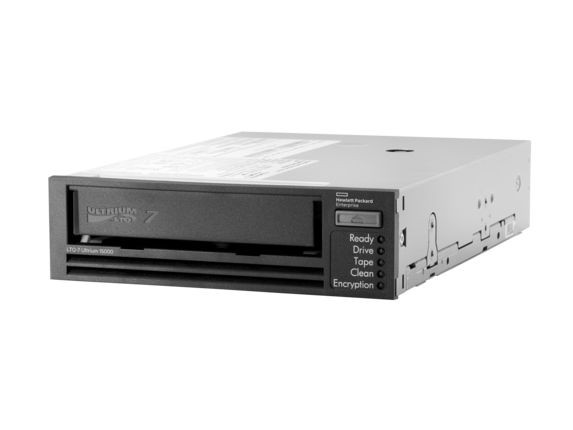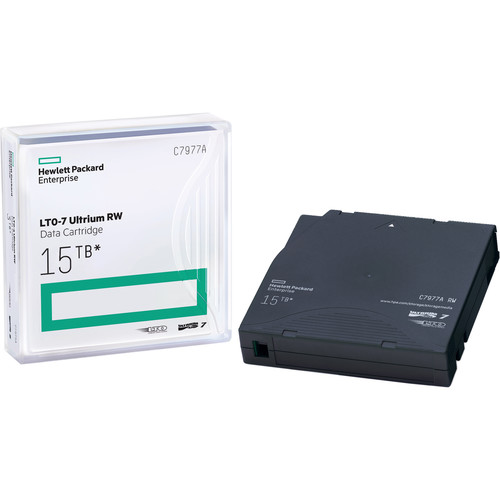- Mar 27, 2009
- 12,968
- 221
- 106
Right now there are plenty of budget desktops with a single 3.5" HDD for primary storage, including my favorite budget model below:
https://www.newegg.com/Product/Product.aspx?Item=N82E16883101530&ignorebbr=1
http://www.frys.com/product/9109958?source=google&gclid=CMSm1oa8n9MCFUaTfgod5nIMMA
http://www.microcenter.com/product/474800/Aspire_ATC-780A-UR12_Desktop_Computer
But how much longer do think this will last?
P.S. How do you think systems with Optane will factor in? Currently this technology appears to be only available on Gaming machines from Boutique builders which start at $900 for 16GB Optane and 2TB HDD and $1000 for 32GB Optane and 3TB HDD:
https://www.newegg.com/Product/Product.aspx?Item=N82E16883230241&ignorebbr=1
https://www.newegg.com/Product/Prod...0446076&PID=3821802&SID=j8pc0zxj9e01045l00053
https://www.newegg.com/Product/Product.aspx?Item=N82E16883101530&ignorebbr=1
http://www.frys.com/product/9109958?source=google&gclid=CMSm1oa8n9MCFUaTfgod5nIMMA
http://www.microcenter.com/product/474800/Aspire_ATC-780A-UR12_Desktop_Computer
But how much longer do think this will last?
P.S. How do you think systems with Optane will factor in? Currently this technology appears to be only available on Gaming machines from Boutique builders which start at $900 for 16GB Optane and 2TB HDD and $1000 for 32GB Optane and 3TB HDD:
https://www.newegg.com/Product/Product.aspx?Item=N82E16883230241&ignorebbr=1
https://www.newegg.com/Product/Prod...0446076&PID=3821802&SID=j8pc0zxj9e01045l00053




